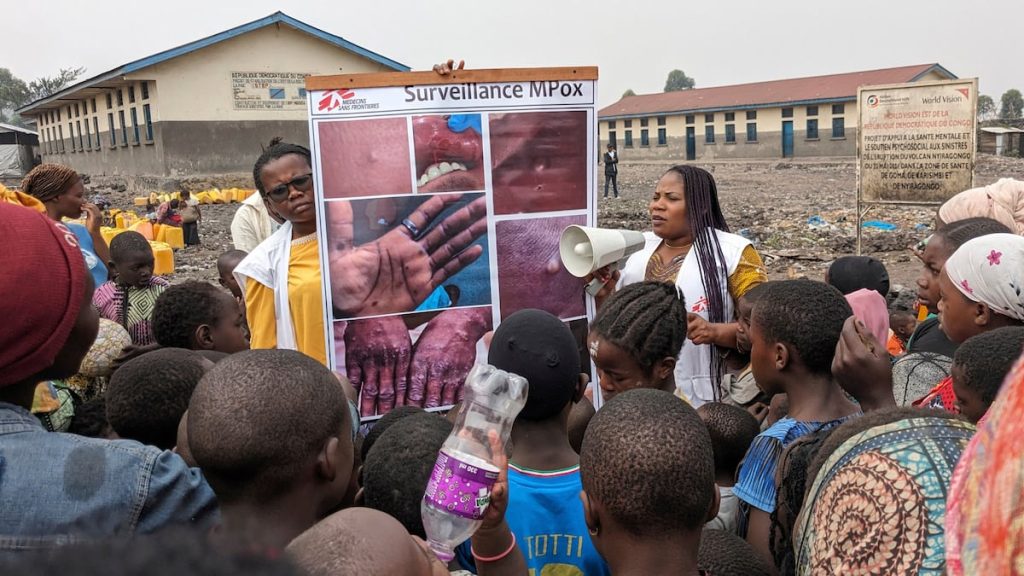The EU Health Security Committee will meet next Monday to analyze the spread of monkeypox (renamed as mpox). One day later, on Tuesday, the Ministry of Health has called upon the autonomous communities to discuss what measures to take following the declaration of a public health emergency of international concern, announced this Wednesday by the World Health Organization. The central administration and the autonomous communities will meet in the Alert Committee, the technical body aimed at analyzing and proposing measures against health emergencies, similar to what was done during the covid pandemic with closures, curfews, and lockdowns. However, there are currently no social restrictions on the table, and measures being considered include controls at Barajas airport for flights from affected countries, analysis of at-risk groups, reinforcement of prevention messages, and vaccination campaigns focused on them.
In Spain, pre-exposure prophylaxis is recommended for individuals engaging in risky sexual practices, particularly gay, bisexual, and men who have sex with men, individuals with occupational risks such as healthcare personnel treating individuals with high-risk behaviors for sexually transmitted infections/HIV, laboratory personnel handling potentially contaminated samples, or individuals involved in disinfecting surfaces in specific locations where high-risk sexual activities are conducted, provided that the proper use of personal protective equipment cannot be guaranteed. Post-exposure prophylaxis is recommended for all close contacts of an individual with the disease who have not already been infected. So far, 40,610 people have received one dose of the vaccine, but only half of them have received the second dose, prompting the Ministry of Health to urge the remaining individuals to complete their immunization for full protection, as the vaccine is estimated to be around 80% effective.
The situation in Spain has not changed since the outbreak in Africa, and the more dangerous clade 1B variant has not been detected in the country. It is unclear how much more dangerous this mutation is, as detection and treatment of cases are much less efficient compared to Western countries. Since the outbreak began in 2022, there have been 8,104 reported cases in Spain, with the majority occurring in the same year. In 2024, 264 cases of mpox have been reported, mostly in men with a median age of 37 and born in Spain. Cases have been reported in various regions, including Madrid, Andalusia, Catalonia, the Balearic Islands, and others.
The international public health emergency declared by the WHO is primarily aimed at addressing the virus’s spread in Africa. While it does not require specific actions by states, it serves as a warning to governments, facilitates international coordination, and accelerates the purchase and distribution of vaccines to bypass bureaucratic processes. The decision to declare the emergency was made unanimously by the emergency committee due to the rapid spread of a new variant, cases in countries that had not previously reported mpox, the potential risk of global spread beyond Africa, and the impact on vulnerable populations such as children and pregnant women. Children have been the main victims in this wave of transmission in RDC, with 70% of cases under 15 years old and 39% under five years old, experiencing 62% of deaths, as the virus is more dangerous for them.
In Africa, there have been 15,000 cases and 461 deaths from mpox so far this year, more than double compared to the same period last year. The observed case fatality rate of 3% is likely an underestimate due to low detection and diagnostic capabilities in affected countries. The WHO aims to enhance surveillance to better understand the virus’s behavior, epidemiological patterns, and where infections are occurring. The declaration of a public health emergency highlights the need for coordinated global efforts to contain the spread of monkeypox and protect vulnerable populations, emphasizing the importance of vaccination, prevention measures, and surveillance to control the outbreak and prevent further impact.


